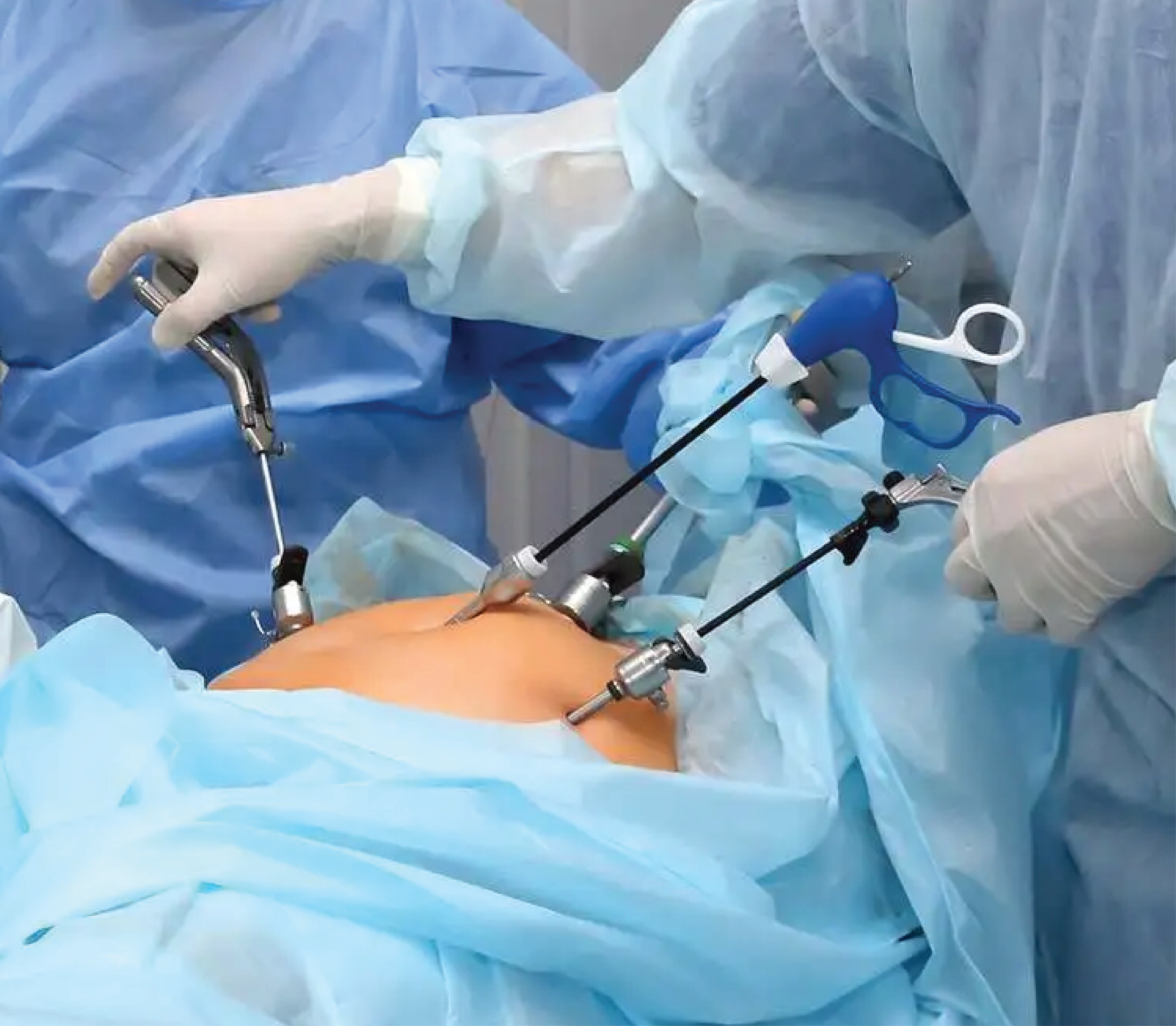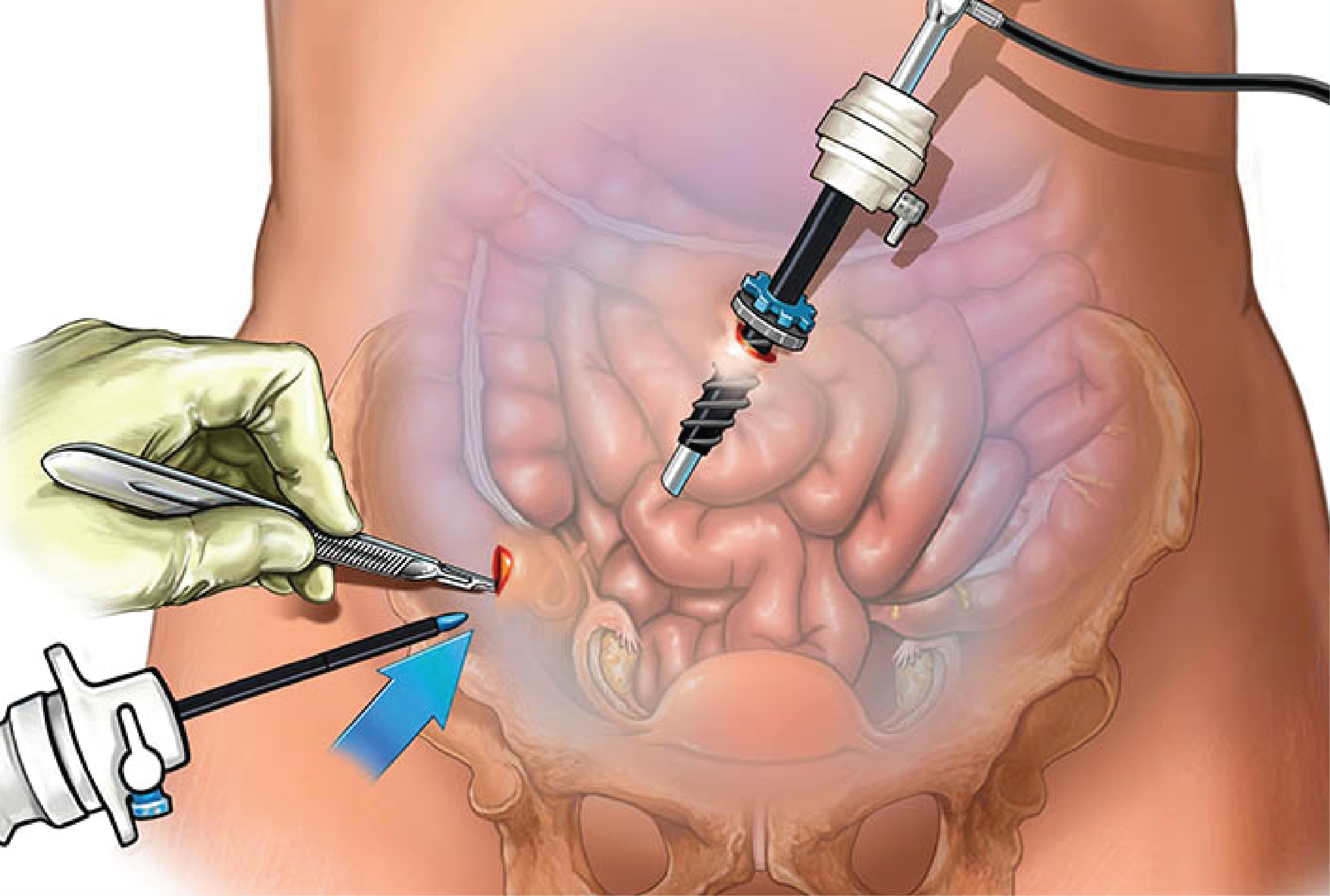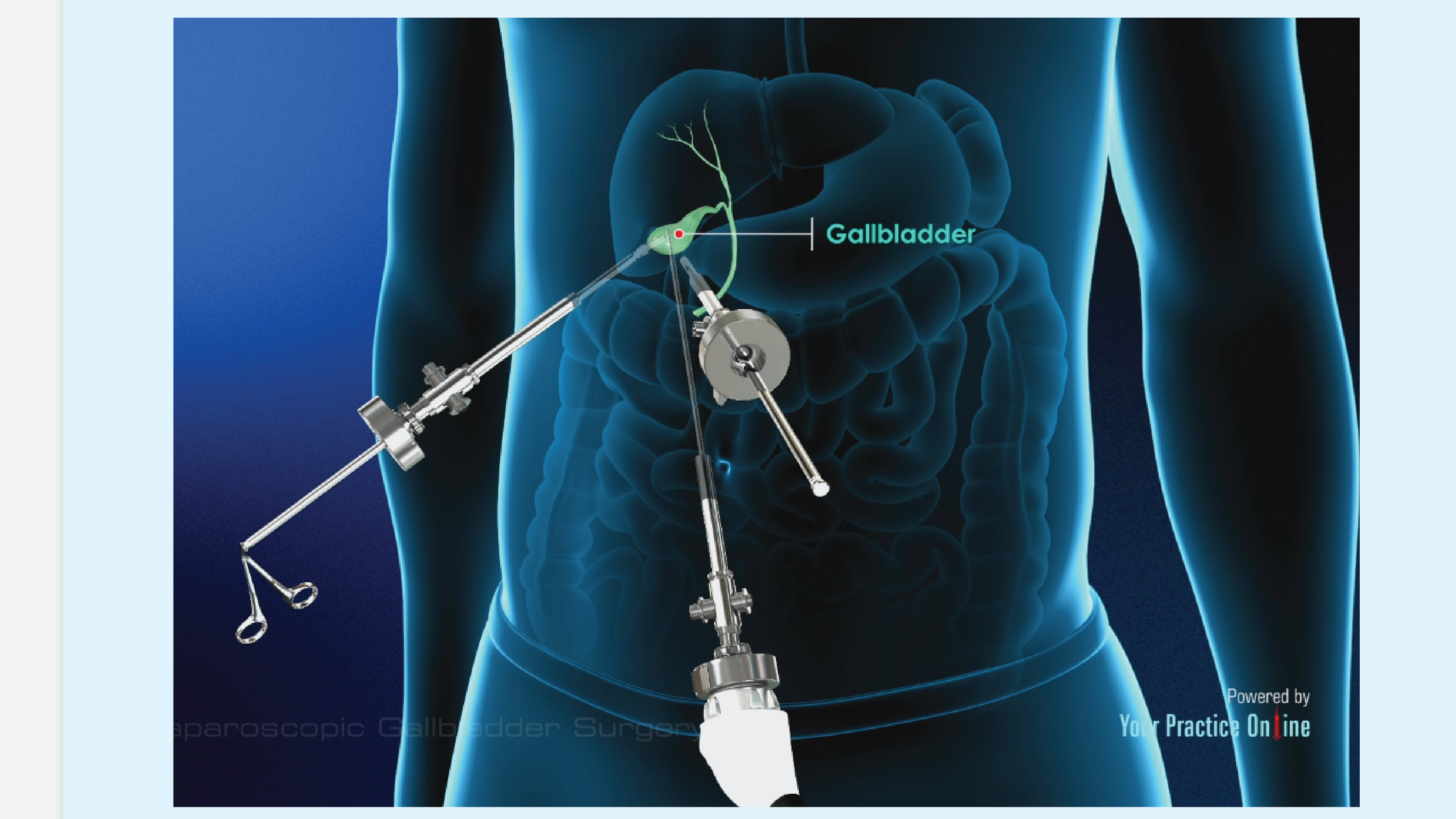
The information provided on this website is intended for educational purposes for patients and the general public.

The information provided on this website is intended for educational purposes for patients and the general public.

The information provided on this website is intended for educational purposes for patients and the general public.

Laparoscopic surgery, also known as minimally invasive surgery, is a cutting-edge technique used to treat various abdominal conditions, including gallbladder stones, appendicitis, and hernias. At Deepak Hospital, their expert team of doctors perform advanced laparoscopic techniques to provide effective and minimally invasive treatment options.
Understanding Laparoscopic SurgeryLaparoscopic surgery involves making small incisions in the abdomen and using a camera (laparoscope) and specialized instruments to perform the surgery. This approach offers several advantages over traditional open surgery, including reduced recovery time, less postoperative pain, and minimal scarring / minimal adhesion.
Overview: Gallbladder stones (cholelithiasis) are hardened bile deposit that can form stone in the gallbladder, causing pain, nausea, and digestive problems. If these stones become symptomatic or lead to complications, surgery may be required.:
Appendicitis
Overview:Appendicitis is the inflammation of the appendix, which can cause severe abdominal pain and potentially lead to complications if not treated promptly.
Laparoscopic Appendectomy:
Overview:A hernia occurs when an organ or tissue pushes through a weak spot in the abdominal wall, causing pain and discomfort. Common types inguinal, femoral, and umbilical hernias.
Laparoscopic Hernia Repair:
At Deepak Hospital, expert team of Doctors offer expert care in laparoscopic surgery, utilizing advanced technology and techniques to ensure the best outcomes. Our commitment to minimally invasive procedures aims to provide efficient treatment with minimal disruption to your daily life. For more information or to schedule a consultation with expert Doctors at Deepak Hospital. Our dedicated team is here to support you through every step of your treatment and recovery journey.
For more details, reach out to Deepak Hospital at: 9653298239 | 9136069739 | 022-28121883
Back

Copyright © 2025 Deepak Hospital. All rights reserved. Design by Madmen Ad Agency